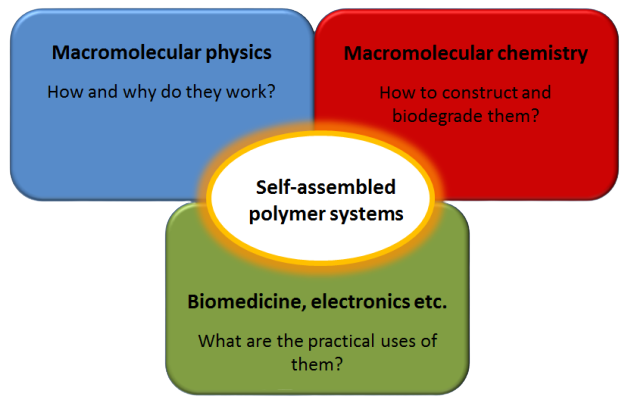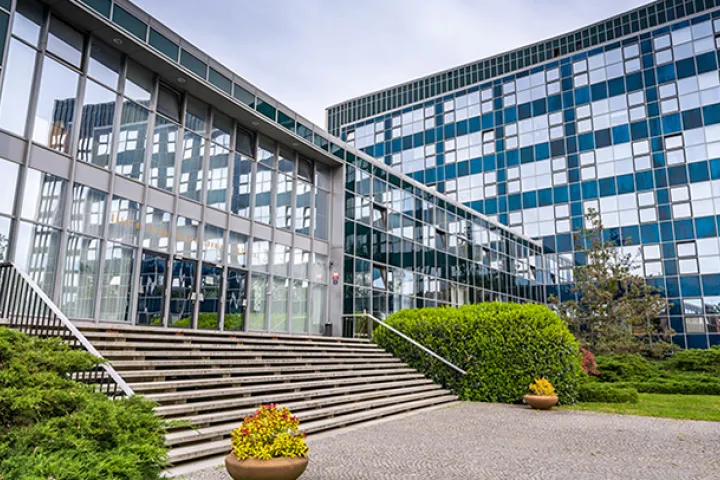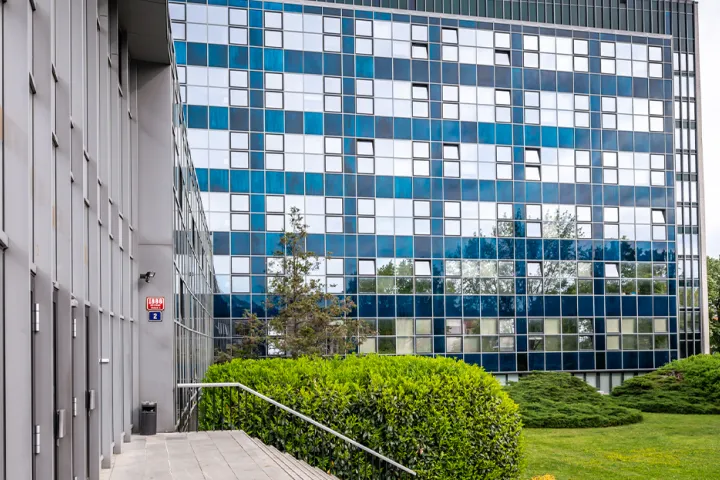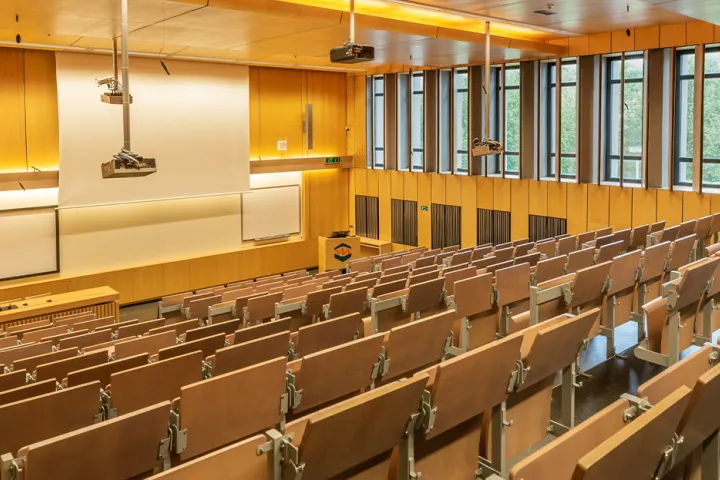INSTITUTE OF MACROMOLECULAR CHEMISTRY OF THE CAS
The Institute of Macromolecular Chemistry of the AS CR v.v.i. is the Czech Republic’s largest institution active in the field of research of polymer materials. It ranks among the most important centres of academic (basic) research not only in the Czech Republic, but also in the world. The IMC enjoys the knowledge potential of more than a hundred scientists in the key areas of macromolecular chemistry, physical chemistry, and polymer physics, but also in the fields that overlap with biochemistry, biophysical chemistry, tissue engineering, medicine, pharmacy and biotechnology, particularly in developing new polymers for medical, pharmaceutical and diagnostic use and examining elementary principles of the interaction between synthetic polymers and organisms. The staff of the IMC includes several dozen world-renowned scientists.
Since its founding in the late 1950s, the Institute of Macromolecular Chemistry has been known by Czech and world scientists for its activities focused on the research of polymers for medical use. The Institute was founded by Professor Otto Wichterle, the inventor of a polymeric material and technology for the production of soft contact lenses – one of the most important Czech inventions commonly used and respected throughout the world. The programme of research of polymers for medicine and tissue engineering is one of the key research activities of the IMC even today. The Institute is also engaged in the development and research activities in the field of functional polymers and polymeric materials with the desired characteristics for the controlled transport of matter or energy and for the suppression of nonspecific interactions with complex biological media, e.g. for energy storage or for biosensors.
The IMC’s contribution to the research and development of polymers with a wide range of use has been rewarded by a number of prestigious prizes, like “The Czech Head”, in the recent years (2002 National Prize, 2005 & 2008 Invention Prize) and a number of other prizes.
In 2008, the Institute ranked among the ‘Czech Top 100’ in the category ‘Education – Science – Health – Humanity’ as the only institute of the Czech Academy of Sciences.
Basic and applied research conducted in the institute comprises three areas:
- Biomacromolecular self-organized systems
- Dynamics and self-organization of molecular and supramolecular polymer systems
- Preparation, characterization and application of new polymer systems with controlled structure and properties
The Institute of Macromolecular Chemistry implemented – or has implemented – a number of projects focused on the basic research, industrial research and development of human resources (almost 400 projects over the last decade). As for the basic and industrial research, the projects have been supported by both domestic grant agencies and the European Union and not least by private companies from the Czech Republic and abroad.
IMC is also an important educational centre for doctoral studies in polymer science in the Czech Republic. The institute cooperates with a number of universities in particular in Prague – with the University of Chemistry and Technology, Charles University and the Czech Technical University in Prague. Currently, the institute is educating about 50 Ph.D. students in various doctoral programs, which makes it the most important centre of doctoral studies in this field in the Czech Republic. Additionally, every year about ten foreign students participate to a ten-month course in polymer science under the auspices of UNESCO and IUPAC (International Union of Pure and Applied Chemistry).
Center of supramolecular systems and self-association processes (SUPRAMOL)

Studies of supramolecular organization in polymers rank among the key issues in modern polymer science. This forms a knowledge basis for other IMC research programmes, especially for those directed to nanostructured polymer materials on the one hand and biomacromolecular polymer systems for nanomedicine and diagnostics on the other.
The central concept of the Centre of supramolecular systems and self-association processes is focused on the study and application of self-association of polymers in solutions and in bulk. Spontaneous organization of macromolecules in space based on intermolecular attractive and repulsive forces is at the origin of many effects in nature and life in particular. For the study and application of supramolecular self-organized polymer systems this interdisciplinary scientific centre exploits theoretical knowledge and experimental methods of the physics of self-organization (why does it work ?), extensive chemical and in particular synthetic background (from what and how to make it?), as well as insight in possible application areas (why is it useful) in biology, photonics and electronics.
An important part of the Center is the radionuclide polymer laboratory that is unique on national and European level that efficiently completes the portfolio of physical and chemical methods needed to study and develop supramolecular polymer systems.
The Center SUPRAMOL thus connects the possibilities of synthesis and creation of self-associating polymers and the physico-chemical research of self-associating processes with their structure analysis and (in particular biomedical) applications.


